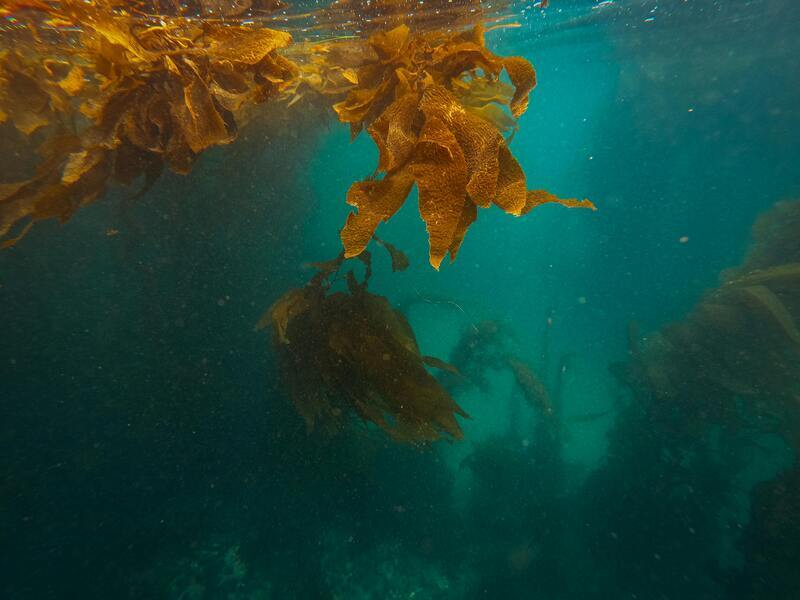Kelp breakthrough: disruptive processing technology trials yield remarkable gains

In a groundbreaking trial at its Cape Town, South Africa research facility, Green Cell Technologies processed 36,000 kilograms of kelp using its patented dynamic cellular disruption (DCD) and disruptor technologies, yielding remarkable results.
The results confirm significant improvements in kelp processing efficiency, sustainability, and output quality — showcasing the future of eco-friendly, scalable processing solutions for the global seaweed industry.
Kelp, particularly Ecklonia Maxima, is increasingly being used in industries such as bio-stimulants, food and beverage, and nutraceuticals.
Conventional processing methods produce significant waste, are energy-intensive, and often reduce the efficacy of the valuable compounds found in kelp.
DCD and disruptor technology changes this dynamic by unlocking kelp’s full potential, processing the entire biomass with minimal waste, and extracting its nutrient-dense compounds more efficiently.
The trial utilised the plant material only from the knuckle up, including the fronds, instantly reducing the kelp to its molecular state. The utilisation of only the top part of the plant is a departure from most harvesting methods that remove the entire stipe, which hampers regeneration.
Key Results from the trial include:
- Phytochemical extraction: tests conducted by the University of Stellenbosch showed an average protein increase of 16.75% in the processed kelp. This makes DCD-processed kelp a superior source of bioavailable proteins and hormones, ideal for human and animal consumption, as well as plant growth regulators.
- Improved growth regulators: the trial revealed increases in key plant growth regulators, such as a 225% increase in Indole-3-butyric acid (IBA) and a 1483% increase in Zeatin Riboside, highlighting the potential for more effective bio-stimulants in agriculture.
- Reduction in contaminants: independent testing by Hearshaw and Kinnes confirmed a reduction in residual pesticides, with Benzalkonium Chloride decreasing from 0.39 mg/kg pre-DCD to 0.16 mg/kg post-DCD. Additionally, tests conducted by SGS showed negligible microbiological and heavy metal changes, confirming the safety of the processed kelp for both human and animal use.
- Zero waste, high efficiency: unlike conventional methods that produce waste and require dilution or multiple energy-intensive steps, GCT’s DCD technology processes the entire kelp biomass without generating waste. This significantly enhances production sustainability while maintaining the full nutrient profile of the kelp.
- Sustainable supply: by harvesting only the top part of the seaweed, the plant is able to regenerate much faster, allowing for re-harvesting within approximately four months, compared to the typical two-year recovery period when the entire stipe is removed. Additionally, conventional methods often overlook the fronds, where a significant portion of the plant’s nutrients are concentrated.
“These results are a game-changer not only for the production of a vast array of nutrient rich products, but also for the sustainability of this important material itself,” noted Roy Henderson, CEO of Green Cell Technologies. “This trial and subsequent commercial production undertaken in our centre of excellence, have clearly demonstrated the potential of kelp and other biomaterials, ensuring higher yields, significantly improved quality across industries, as well as the move towards Net Zero.”
The trial also highlighted the diverse applications of DCD-processed kelp, from bio-stimulants that reduce crop spraying volumes from 8-14 litres/hectare to just 700ml, to the development of eco-friendly sausage casings and wellness products with enhanced salicylic and zeatin levels.
Related content
Source: foodanddrinktechnology.com

